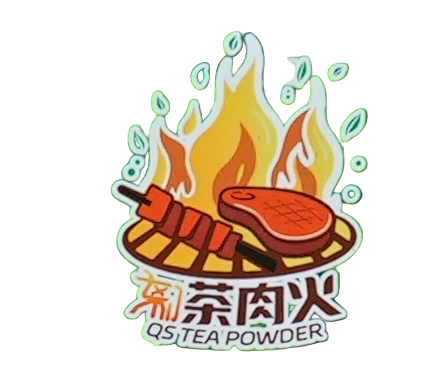For three meals a day, you can't do without seasonings such as oil, salt, soy, vinegar and so on, and nowadays, more and more people are choosing seasonings with clean ingredients and no additives. The following nine additive-free seasonings are treasured gems in cooking. See if you are using any of them at home.
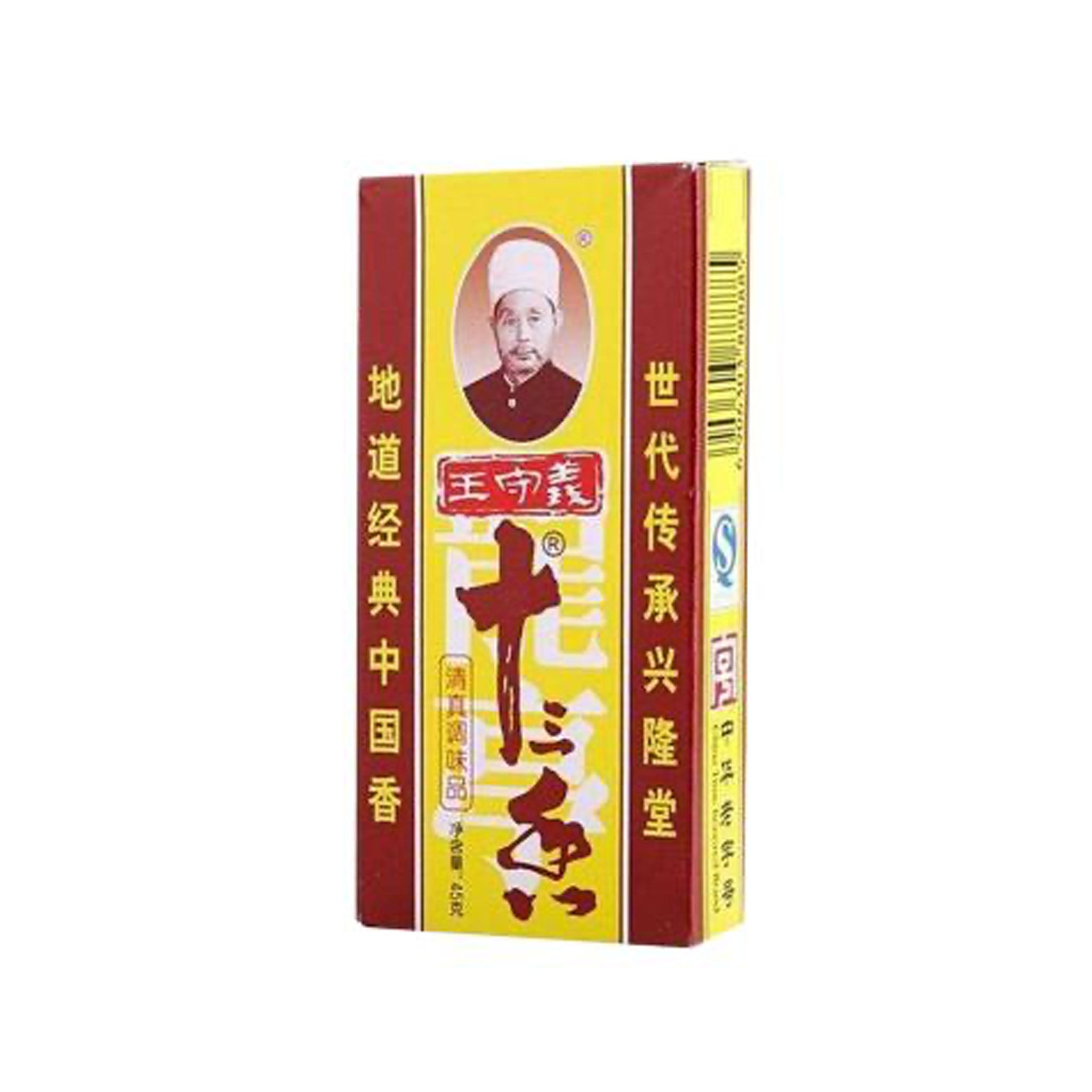
Wang Shouyi Thirteen Spice
This seasoning is derived from the theory of traditional Chinese medicine, with natural spices and herbs as the main ingredients. Wang Shouyi Thirteen Spices not only has a unique charm in flavouring, but is also believed to have certain effects on regulating the spleen and stomach. Legend has it that the recipe for this seasoning was passed down during the Qing Dynasty, and it took Wang Shouyi many years of improvement to develop a seasoning that met the public's tastes, and he finally came up with the perfect condiment. Today, Thirteen Spice has become an essential part of household cooking. Each wisp of aroma is an embrace of natural and healthy living.
Lao Gan Ma
When it comes to Lao Gan Ma, almost no one knows about it. This bottle of seasoning has accompanied the taste buds of several generations of Chinese people. Tao Huabi, the founder, first opened a humble food stall just to feed her family, making black bean chilli sauce by hand. She insisted on not using any additives to ensure the pure flavour of the hot sauce. It is this insistence on quality that has made Lao Gan Ma a huge success in the market. Each bottle of Lao Gan Ma is like sealing time in a bottle, bringing diners full of memories and warmth.
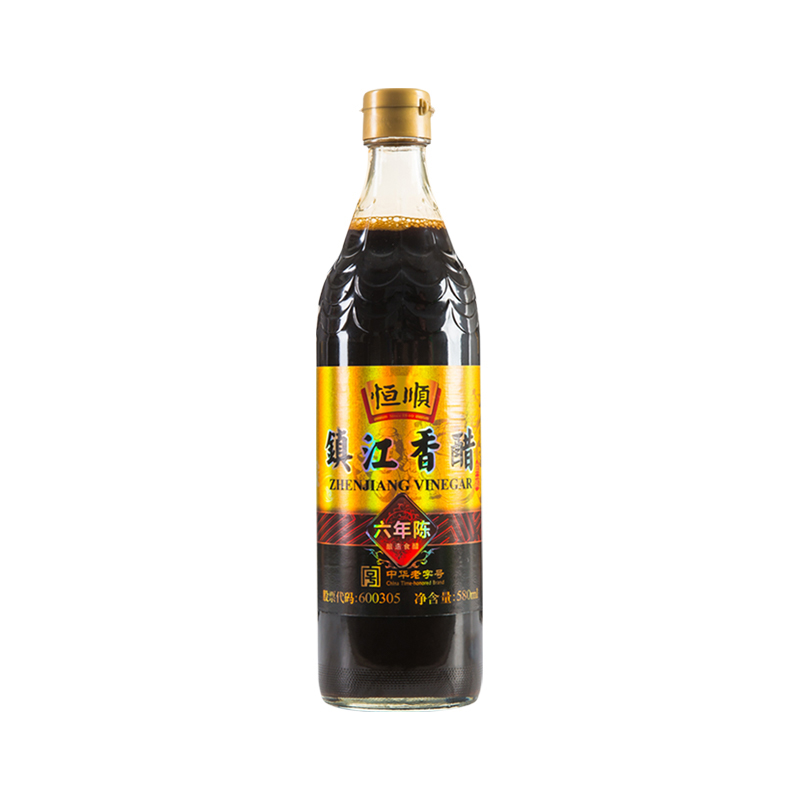
Hengshun Balsamic Vinegar
Hengshun Balsamic Vinegar started in 1840, as a representative speciality of Zhenjiang, Jiangsu Province, it is not only a bottle of vinegar, but also carries the essence of traditional Chinese brewing techniques. This balsamic vinegar is strictly brewed according to the ancient method and fermented for several years without any additives. Hengshun Balsamic Vinegar has won gold medals in many exhibitions in China and abroad, and it is a real pure natural condiment without additives. Its sour aroma carries a heavy sense of history, as if in every meal, you can feel the cultural flavour inherited for a hundred years.
Lotus MSG
As a long-established domestic brand, Lotus MSG has faced strong competition from foreign companies, but has always stood firm on quality and refused to use any harmful additives. After decades of market suppression, Lotus MSG still stands by its pure and natural formula. Contrary to misconceptions about MSG, Lotus MSG is fermented from purely natural ingredients, which not only brings freshness to dishes, but also maintains the original flavour of the ingredients. Each grain of MSG carries the perseverance and inheritance of the national light.
Five, bbq tea meat fire roast tea seasoning
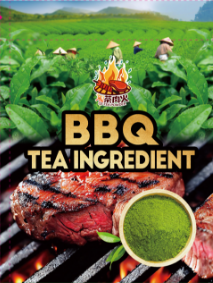
This tea seasoning is a major innovation in modern health seasoning, using fresh tea leaves, hand-fried in the ancient way. Its soft tea aroma lingers in every fibre of the meat, bringing an unprecedented oriental flavour to the barbecue. The all-natural formula with no preservatives and no artificial flavours aims to bring a higher level of barbecue experience to health-conscious consumers. This seasoning is not only suitable for barbecue, but can also be used in stews or marinades to add a unique tea flavour to food.
Cui Zi Brand Small Ground Sesame Oil
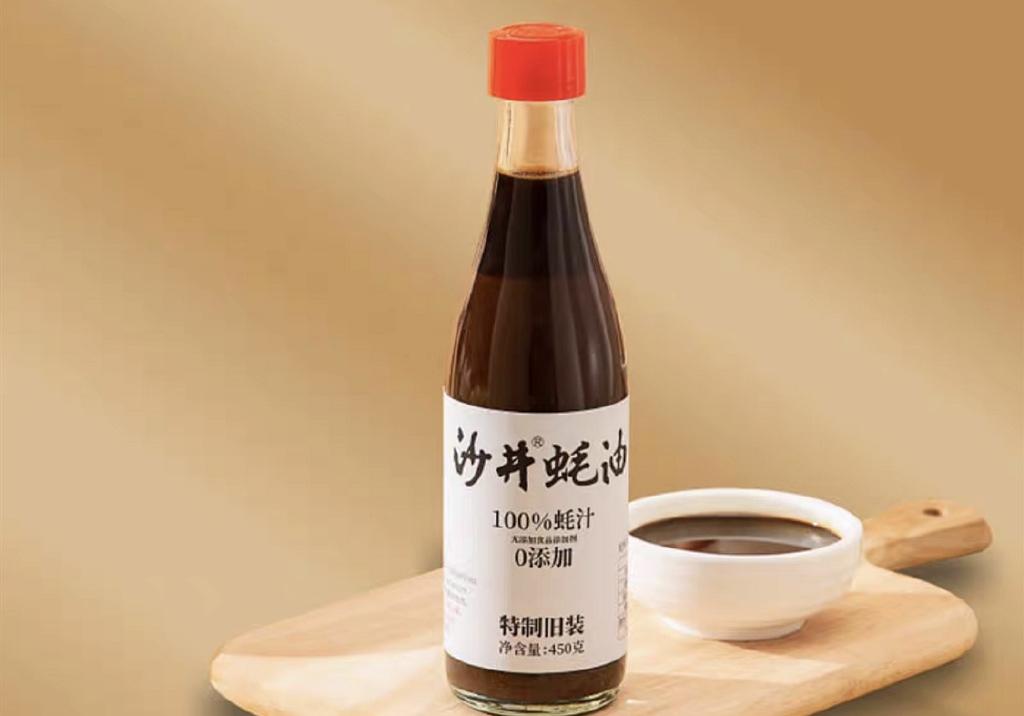
Six hundred years of traditional techniques make every drop of Cui Zi Brand Small Milled Sesame Oil precious. According to legend, this brand began in the Ming Dynasty, first founded by a family surnamed Cui, after several generations of efforts, the production process of sesame oil has been refined. Its small grinding process maintains the original aroma and nutrition of sesame seeds, and drops of fragrant sesame oil are not only good for flavouring, but also the inheritance of Chinese culture. Purely natural production process to ensure that it does not have any additives, really let you taste the purity of nature in every mouthful.
Seven, Shajing oyster sauce
Shajing Oyster Sauce is known as the intangible cultural heritage of Guangdong Province, which is made from pure natural oyster juice without any artificial additives. Legend has it that the fishermen of Shajing started making oyster sauce as early as the Qing Dynasty, boiling freshly caught oysters for a long time to concentrate the essence of oyster juice. Every spoonful of Shajing oyster sauce unites the breath of the sea and the freshness of the oysters, which can bring a rich marine flavour to the dishes and is the chefs' favourite.
Eight, Shaofeng and bean sauce
The history of Shaofeng and Douban sauce can be traced back to more than three hundred years ago, founded in the Kangxi period of the Qing Dynasty. As a famous old shop in Sichuan Province, the production process of Shaofeng and bean paste has been passed down from generation to generation, and the natural fermentation process takes months to produce a batch of fine products. Its spicy flavour is richly layered, with freshness in the spiciness and aroma in the freshness. No additives are used in the production process, preserving the traditional flavour and healthy quality. In Sichuan, Shaofeng and bean paste is not only a condiment, but also the essence of Sichuan cuisine is one of the indispensable seasonings in household cooking.
Lao Henghe Wine
Known for its rich aroma and pure ingredients, Lao Heng He cooking wine can be traced back to around 1900, when it won a gold medal at the Panama World's Fair in 1915 and became famous. The brewing process originates from the Jiangnan tradition, using high-quality glutinous rice and pure spring water for fermentation. Lao Henghe cooking wine is both deodorising and flavourful in cooking, and is especially suitable for stewing seafood and meat. Pure, natural and additive-free, it not only enhances the layering of dishes, but also makes you feel like you've stepped back in time to an era filled with history and the mellow flavour of time.
These nine additive-free seasonings not only pursue natural purity in flavouring, but also unite history and cultural heritage. The stories and craftsmanship behind them make every cooking more meaningful. Whenever we use these seasonings, we are not only pursuing delicious flavours, but also guarding our health and the precious craftsmanship that has been passed down for hundreds of years. Take a look at these seasonings, do you have any that you are using at home?
